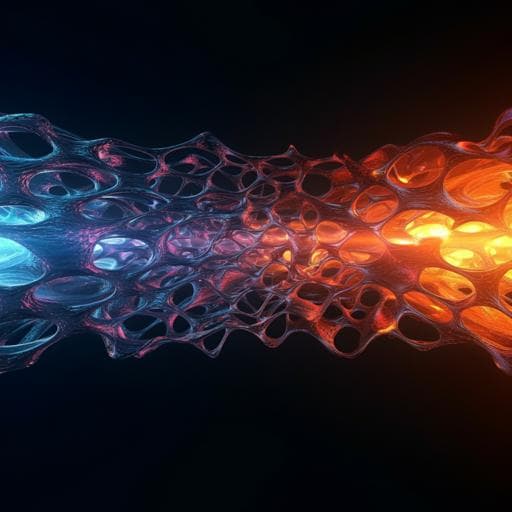
Physics
Magnetic-field-induced insulator-metal transition in W-doped VO₂ at 500 T
Y. H. Matsuda, D. Nakamura, et al.
This groundbreaking research explores the metal-insulator transition in tungsten-doped vanadium dioxide, revealing how an ultrahigh magnetic field can induce a metallic state in the insulating phase. Conducted by Yasuhiro H. Matsuda and colleagues, this study challenges conventional understandings by suggesting that structural instability drives the transition more than electron correlation.
Related Publications
Explore these studies to deepen your understanding of the subject.







